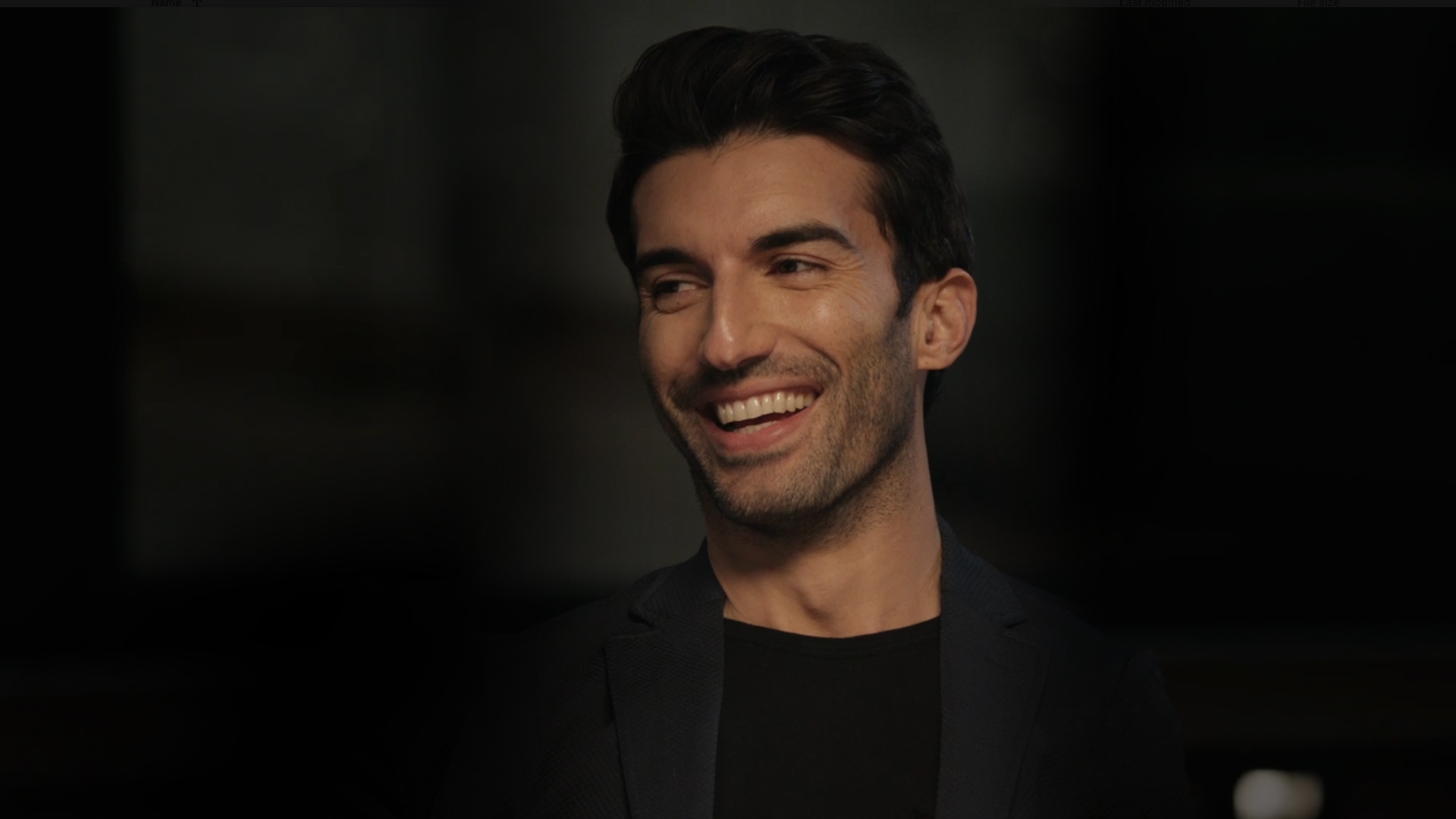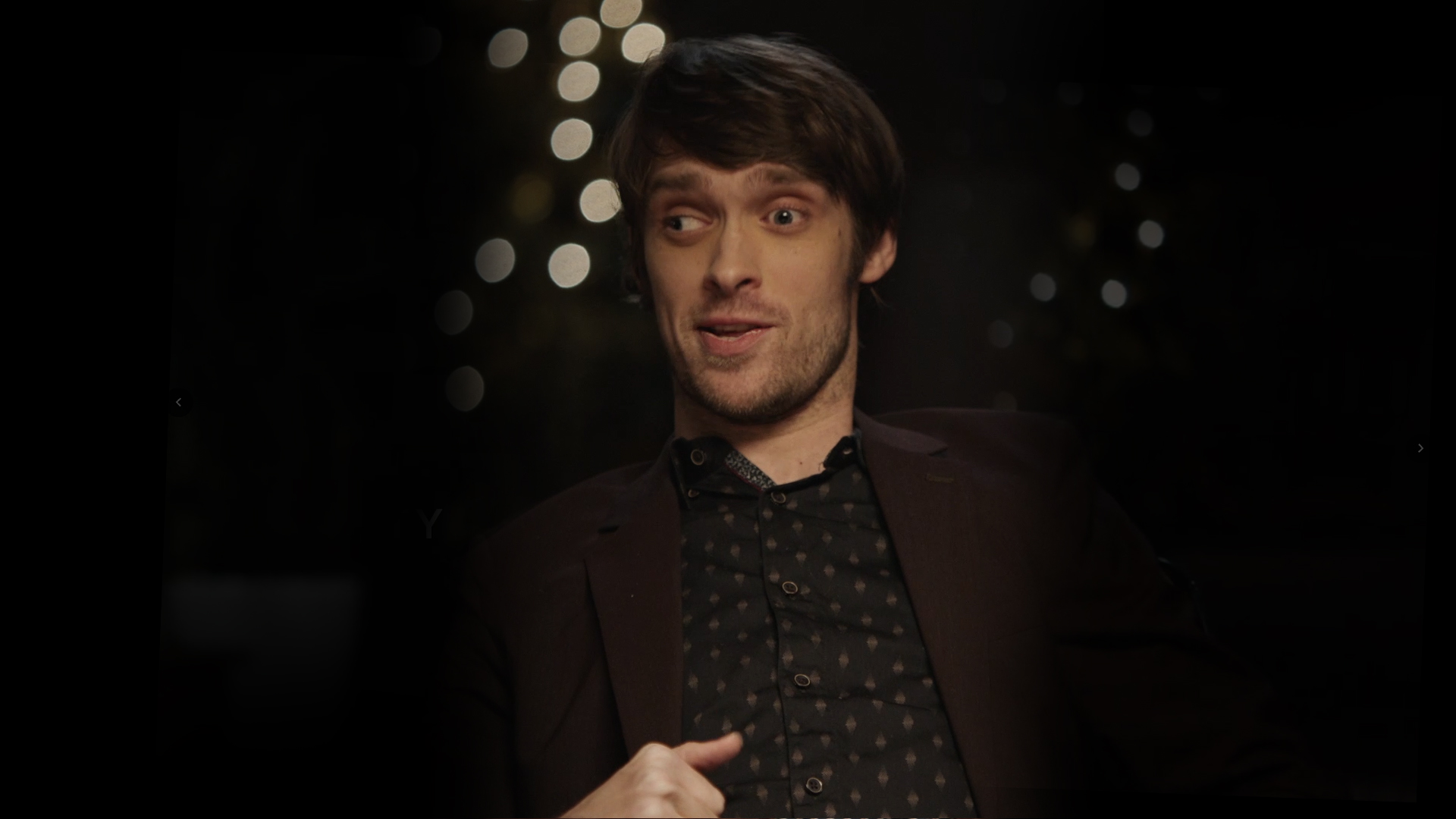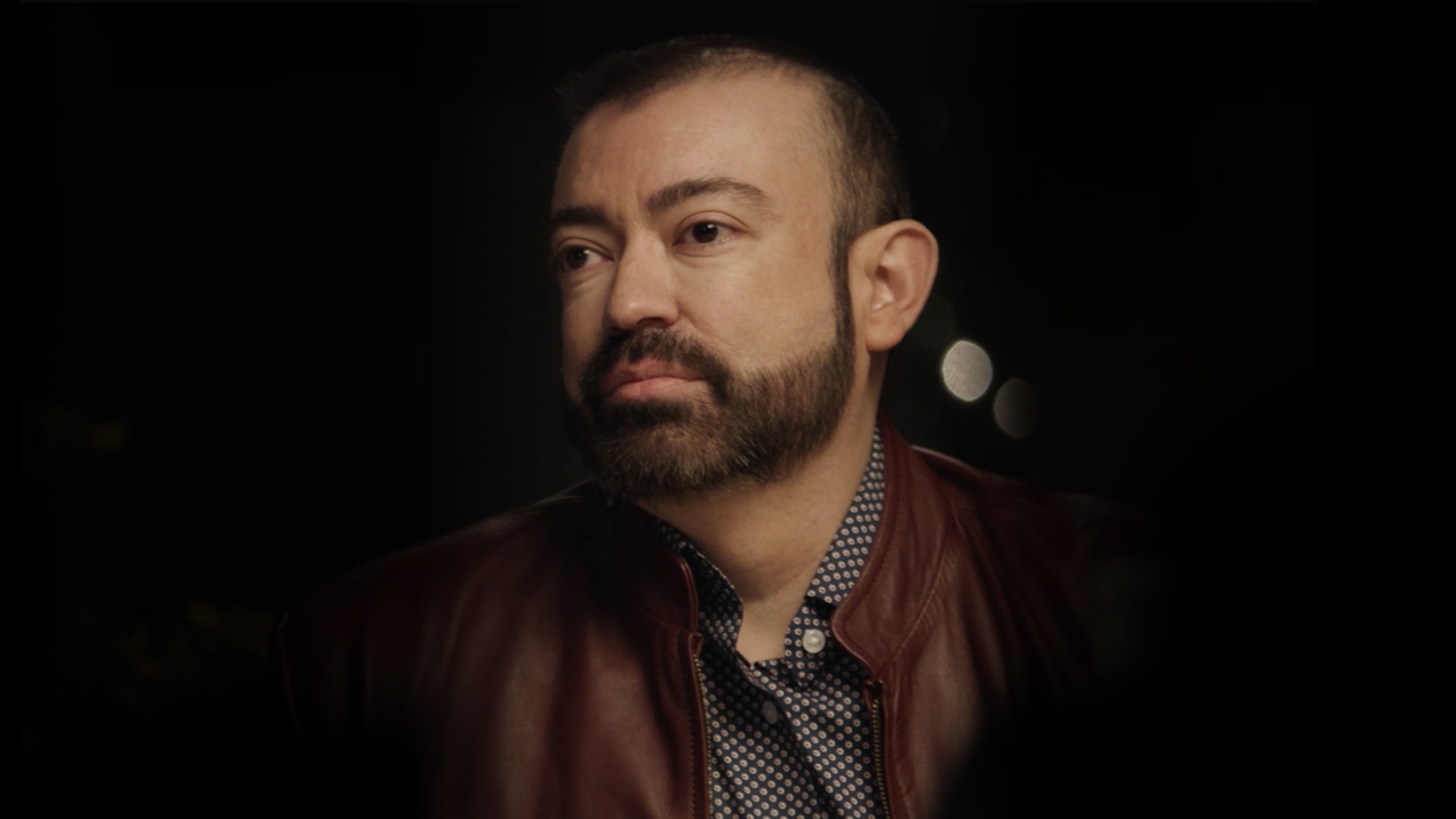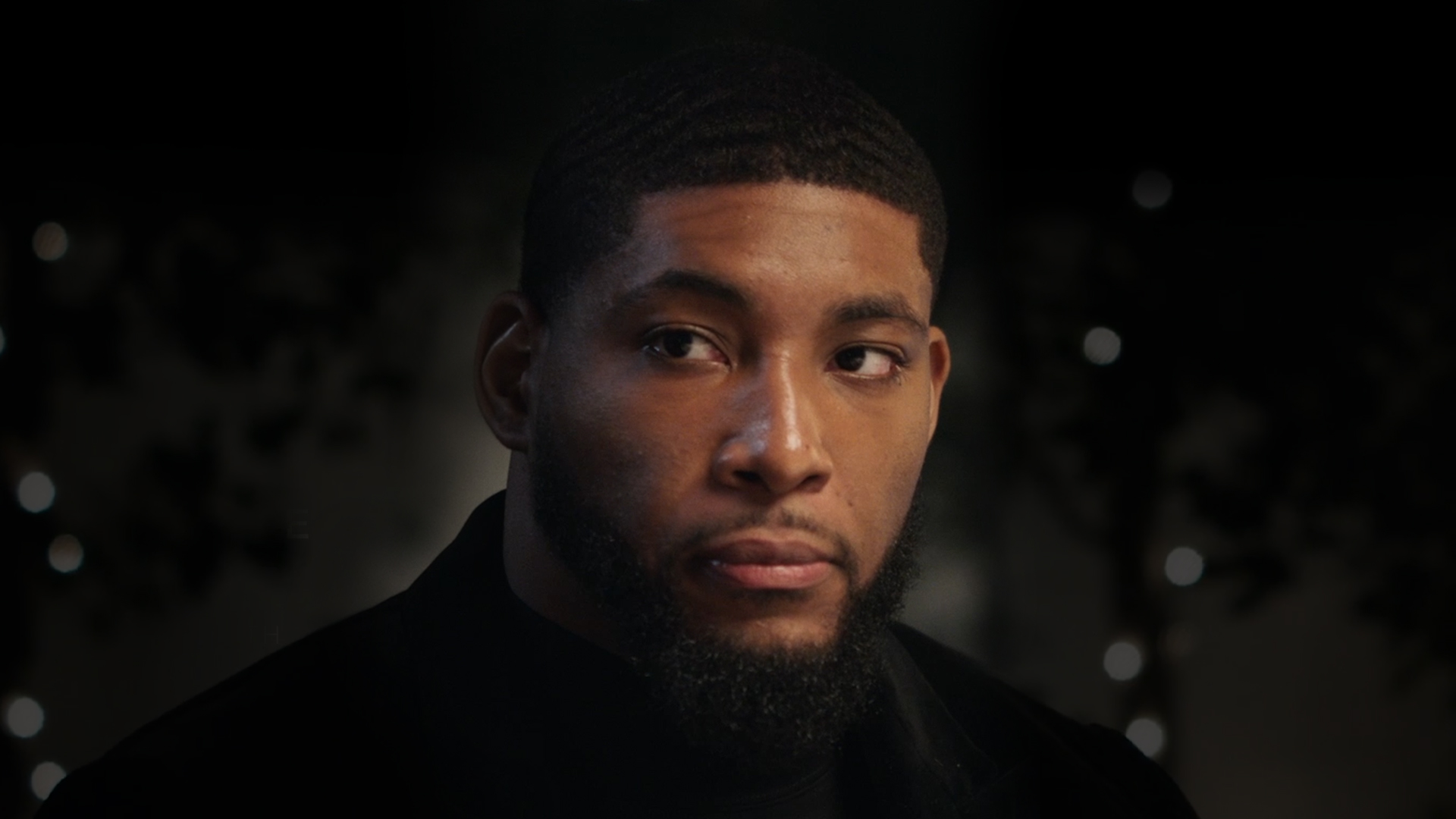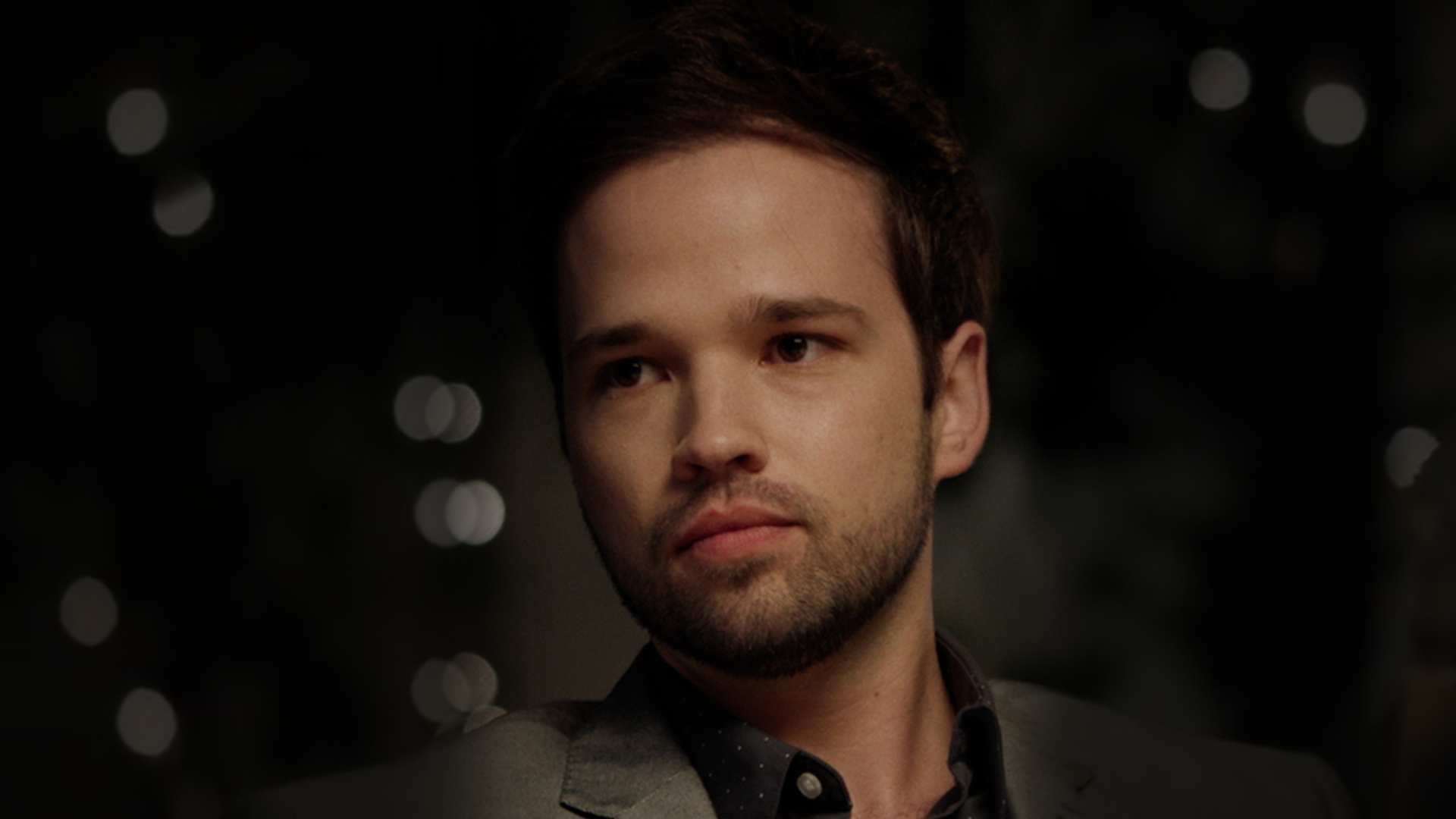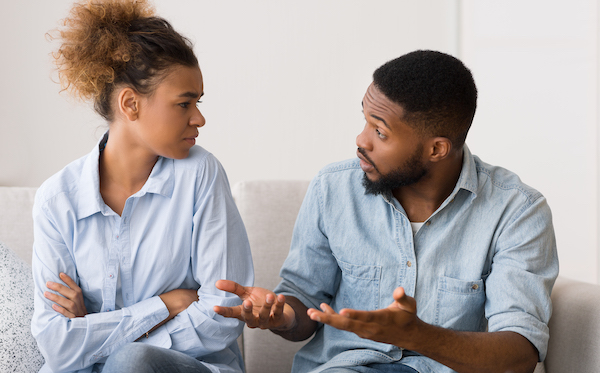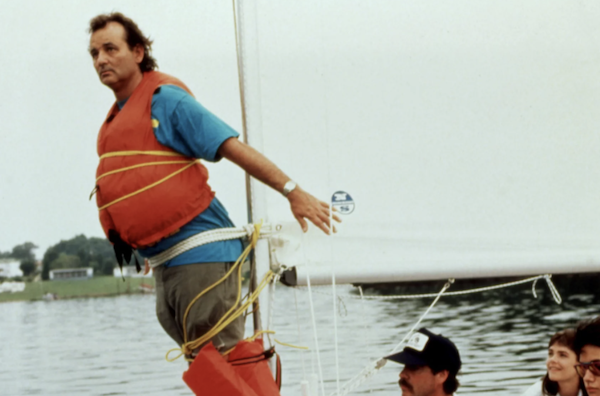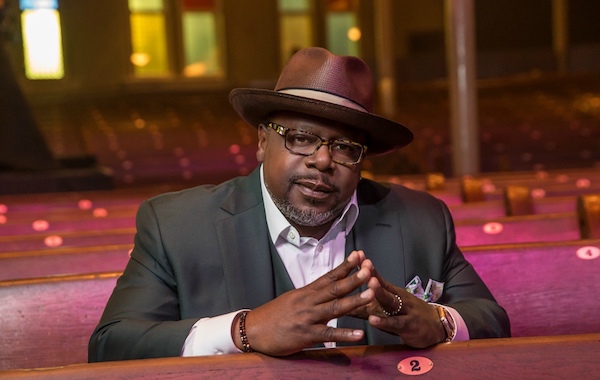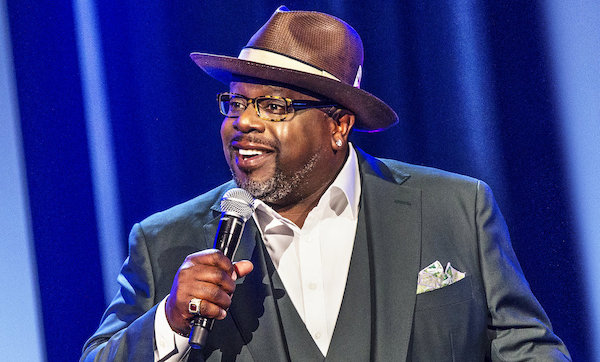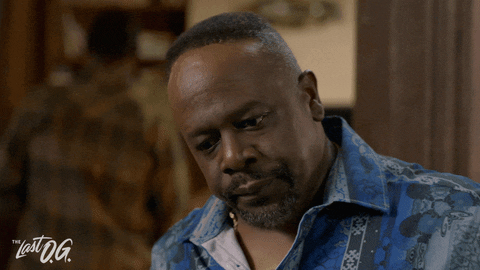“Our big vision is Universal Family Care: one fund that we all contribute to and that we all benefit from, that helps us pay for childcare, eldercare, and paid family leave.” -Ai-jen Poo, Director Caring Across Generations
In a country with more than 330 million people, America still manages to be a country without universal long-term care within its healthcare system. It’s quite an achievement, but not a good one.
Caregiving may be the love that comes full circle, but it comes at a steep price. All of us will inevitably need care at a point in our lives, and not all of us can afford it. Average nursing home costs are roughly $90,000 per year.
COVID, while horrible for our health, has managed to shine a light on some of the many inadequacies that surround our healthcare system. Aside from many not having it or being able to afford it, coverage is crap for people who barely can pay the premiums. And Black communities and people of color are at higher risk of illness with a lower risk of being cared for. Look at the disparities during this pandemic, it’s an absolute atrocity. All of that has to change, and soon.
Caring Across Generations is pushing for that “big vision” with systemic change called Universal Family Care, the idea that we all have a fund we contribute to that eventually we can draw from, whether it’s for a disability, child care, elder care and paid family leave. This conversation, Man Enough to Care, is the first step, along with the conversations happening alongside it at your dinner tables, at your hospitals and nursing homes, even as we say goodbye to people who could have been saved, had it been for better healthcare.
Additionally, we must increase the visibility of our healthcare workforce, especially now with all the frontline essential workers who put their lives at risk every day to help countless strangers through this pandemic. And when that’s over they’ll return to a regular life of just saving lives and caring for several people anyway. That’s not just an essential worker; that’s a miracle-worker!
As National Caregivers Day approaches on Friday, Feb. 19, we think about all those who have cared for us and will care for us, along with those we care for. Our fathers and mothers, our sisters and brother, sons and daughters, grandparents, friends, and strangers. It is through caring that it becomes abundantly clear, we are all one, and together we can make it better.
The woman who owns my house is also a nurse in San Bernardino, California. She’s lost more than 20 patients, but she refuses to let these people die alone. That is an every-day saint walking amongst us, so it’s no surprise we don’t bother her when there’s a leak in the john. These people have their own lives and they spend most of theirs looking after other people, despite having three kids of her own!
It’s true that when one part of the body is sick, we nurture it back to health, just as when one of us is sick, another must step up to help heal that person. It may be thankless, and it may be unrequited, but it’s the care that we need. Let us highlight those undervalued roles in our lives and celebrate the people who have, currently or will care for us, even if just for a day.
As you look down at the diapers you’re changing every day for your kids — we hope you make it out clean! — keep in mind they may have to return the favor for you one awkward day. Now that is the truly the love that comes full circle!
The conversation is happening now. Join us to make these policies and systemic solutions to become real.
Join Justin Baldoni, Ai-jen Poo of Caring Across Generations and our wonderful guests for a final wrap-up Instagram live conversation on National Caregivers Day, which is Friday, Feb. 19 at noon PST/3pm EST. Visit @JustinBaldoni on Instagram and get in the game!
“It’s game time. Whatever obstacle you’re facing, it’s time to get off the sidelines and get in the game.” -Devon Still
Be man enough to care. Get in the game. Before it’s too late.
WATCH EPISODE 5: CARE FOR ALL HERE.
Who is a male caregiver in your life? Are you one of them? How do we celebrate them, how do we honor them? We share their experiences.
Share their story. Share your story. Courage is contagious.
For more information about Caring Across Generations, visit their website and follow them on social.
